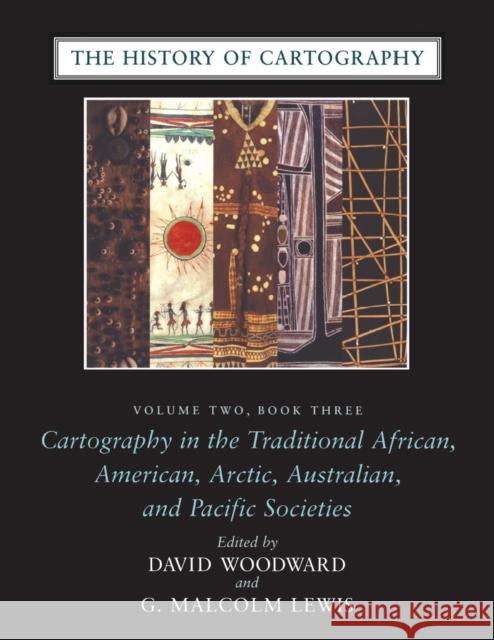The History of Cartography, Volume 2, Book 3: Cartography in the Traditional African, American, Arctic, Australian, and Pacific Societies » książka
The History of Cartography, Volume 2, Book 3: Cartography in the Traditional African, American, Arctic, Australian, and Pacific Societies
ISBN-13: 9780226907284 / Angielski / Twarda / 1998 / 500 str.
The History of Cartography, Volume 2, Book 3: Cartography in the Traditional African, American, Arctic, Australian, and Pacific Societies
ISBN-13: 9780226907284 / Angielski / Twarda / 1998 / 500 str.
(netto: 1178,40 VAT: 5%)
Najniższa cena z 30 dni: 1219,68
ok. 30 dni roboczych.
Darmowa dostawa!
"Certain to be the standard reference for all subsequent scholarship." John Noble Wilford, "New York Times Book Review," on the "History of Cartography" series
"The maps in this book provide an evocative picture of how indigenous peoples view and represent their worlds. They illuminate not only questions of material culture but also the cognitive systems and social motivations that underpin them" (from the introduction).
Although they are often rendered in forms unfamiliar to Western eyes, maps have existed in most cultures. In this latest book of the acclaimed "History of Cartography," contributors from a broad variety of disciplines collaborate to describe and address the significance of traditional cartographies. Whether painted on rock walls in South Africa, chanted in a Melanesian ritual, or fashioned from palm fronds and shells in the Marshall Islands, all indigenous maps share a crucial role in representing and codifying the spatial knowledge of their various cultures. Some also serve as repositories of a group's sacred or historical traditions, while others are exquisite art objects.
The indigenous maps discussed in this book offer a rich resource for disciplines such as anthropology, archaeology, art history, ethnology, geography, history, psychology, and sociology. Copious illustrations and carefully researched bibliographies enhance the scholarly value of this definitive reference.
"











